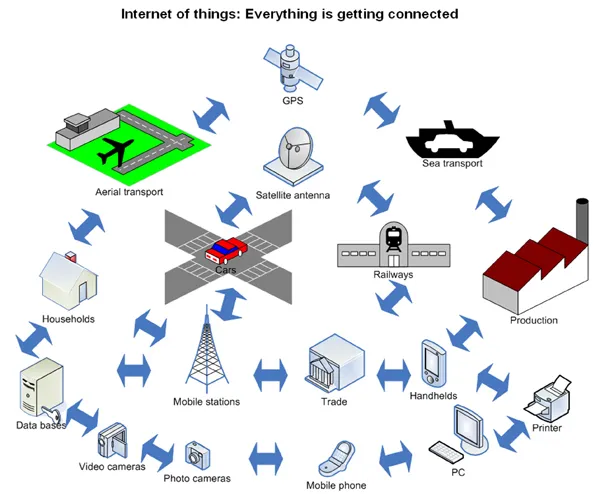The captains of the motorway squad of Issoire and Clermont l’Hérault said the signs are very legible and understandable but they would have preferred the signs to be mounted on gantries. The law forces also pointed out that the signs are situated on the plains, so the relationship with the traffic conditions in mountains is difficult to make and a reminder near the difficulties would be preferable.
Local drivers rely on the signs and change their travel plans and routes accordingly while non-locals ask
September 26, 2013
Read time: 3 mins

The captains of the motorway squad of Issoire and Clermont l’Hérault said the signs are very legible and understandable but they would have preferred the signs to be mounted on gantries. The law forces also pointed out that the signs are situated on the plains, so the relationship with the traffic conditions in mountains is difficult to make and a reminder near the difficulties would be preferable.
Local drivers rely on the signs and change their travel plans and routes accordingly while non-locals ask law forces which route they should take to bypass closed roads.
With regard to the signs' impact on truck fleets, even when the signs carried a warning, many truck drivers continued to the point where the law forces closed the road and ask if they can pass. Law forces then explain the traffic conditions and, according to their destination, sort out trucks into those that need to U-turn, detour or park-up. Law forces in the southern part of the area consider that having seen the road winter signs only 10-15% of truck drivers alter their routing to avoid restrictive measures ahead.
The procedures of truck storage or u-turn remain unchanged as is the number and nature of interventions. So overall the winter road VMS system did not reduce the workload on law forces.
Generally, most respondents expressed the view that the signs should be gantry mounted; the system is well appreciated by 75% of people who gave an opinion and is used in addition to classic VMS or radio. While local residents could use the information without further information, the lack of knowledge about alternative routes meant that many visitors and truck drivers didn’t change their travel plans according to the messages displayed.
While the signs are considered visible, readable and understandable, some considered they are positioned too far from the location of the problem.
The utilisation of winter road signs cannot be separated from the whole traffic management policy and from user information, although remote control from the Traffic Control Center (TCC) is useful as it reduces implementation time by half an hour.
Management of these signs has no strong consequences in term of workload for the traffic management and road operation agents although they can create some organisational difficulties in the coordination of the various departments.
In general, road operators would prefer classic VMS which could be used for purposes other than winter road conditions with a neutral default during summer rather than ‘opened’.
Local drivers rely on the signs and change their travel plans and routes accordingly while non-locals ask law forces which route they should take to bypass closed roads.
With regard to the signs' impact on truck fleets, even when the signs carried a warning, many truck drivers continued to the point where the law forces closed the road and ask if they can pass. Law forces then explain the traffic conditions and, according to their destination, sort out trucks into those that need to U-turn, detour or park-up. Law forces in the southern part of the area consider that having seen the road winter signs only 10-15% of truck drivers alter their routing to avoid restrictive measures ahead.
The procedures of truck storage or u-turn remain unchanged as is the number and nature of interventions. So overall the winter road VMS system did not reduce the workload on law forces.
Generally, most respondents expressed the view that the signs should be gantry mounted; the system is well appreciated by 75% of people who gave an opinion and is used in addition to classic VMS or radio. While local residents could use the information without further information, the lack of knowledge about alternative routes meant that many visitors and truck drivers didn’t change their travel plans according to the messages displayed.
While the signs are considered visible, readable and understandable, some considered they are positioned too far from the location of the problem.
The utilisation of winter road signs cannot be separated from the whole traffic management policy and from user information, although remote control from the Traffic Control Center (TCC) is useful as it reduces implementation time by half an hour.
Management of these signs has no strong consequences in term of workload for the traffic management and road operation agents although they can create some organisational difficulties in the coordination of the various departments.
In general, road operators would prefer classic VMS which could be used for purposes other than winter road conditions with a neutral default during summer rather than ‘opened’.







